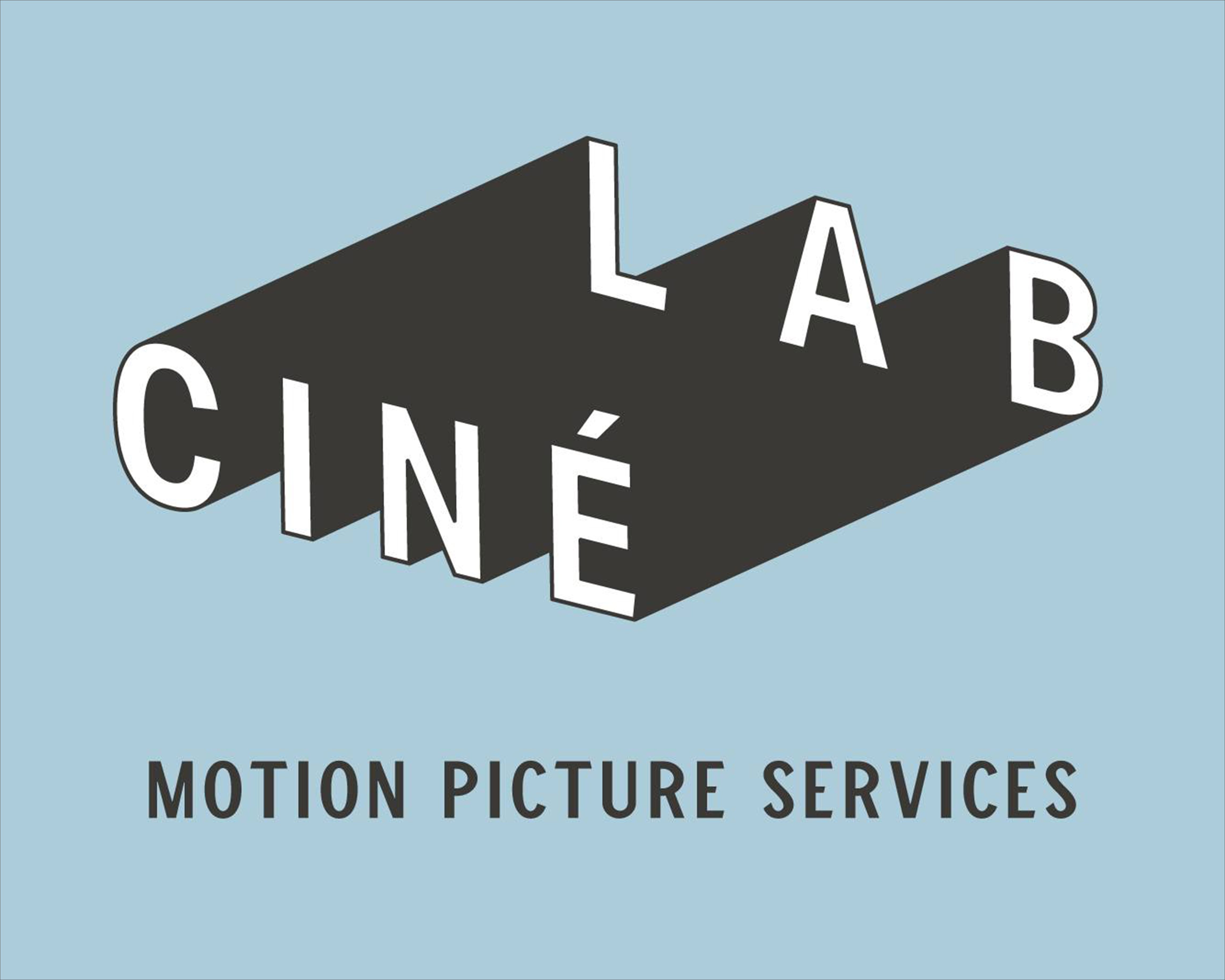I just got to know your forum from one of my students, and as i begin to have surfed a little bit more here now, i wonder if i should'nt sort of present my self, as it seems like new comers do usually.
I studied in Louis Lumière school in Paris, worked as a camera assistant and then operator and sometimes dop or director for 15 years. I worked on feature lenghts, commercials, tv series, short films, tv shows and as a reporter cameraman for the french tv...
Now I teach Image in an "audiovisual" public school in the south of France and in a private "directing" school as well.
It's not been a long time i got into this "internet" stuff, forums and so...
My purpose here would be of two major points :
- Try to know much better how technicians work all other the world, i mean on the technical point of view. Things like "how do you make the camera tests before shooting in your country" (camera assistants), or how do you gaffers or grips work... (technics worldwide)
- Try to know how do the studies rule for you students all other the world : how much does it cost, how long time does it take, for what studies...
if anyone wants to join ?
I studied in Louis Lumière school in Paris, worked as a camera assistant and then operator and sometimes dop or director for 15 years. I worked on feature lenghts, commercials, tv series, short films, tv shows and as a reporter cameraman for the french tv...
Now I teach Image in an "audiovisual" public school in the south of France and in a private "directing" school as well.
It's not been a long time i got into this "internet" stuff, forums and so...
My purpose here would be of two major points :
- Try to know much better how technicians work all other the world, i mean on the technical point of view. Things like "how do you make the camera tests before shooting in your country" (camera assistants), or how do you gaffers or grips work... (technics worldwide)
- Try to know how do the studies rule for you students all other the world : how much does it cost, how long time does it take, for what studies...
if anyone wants to join ?





